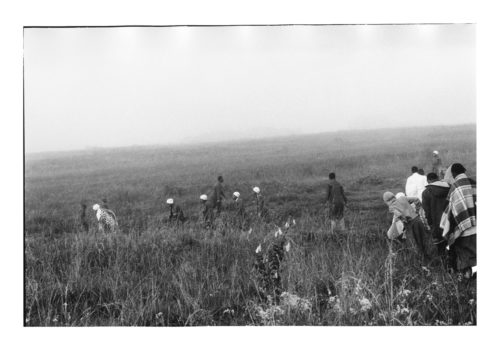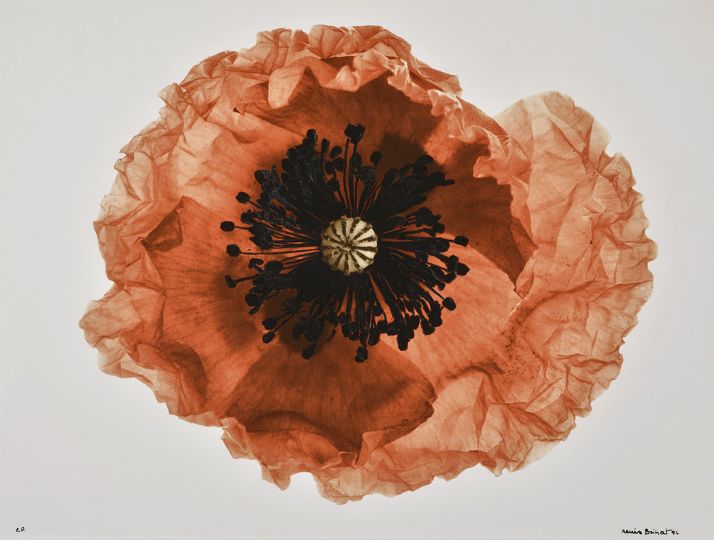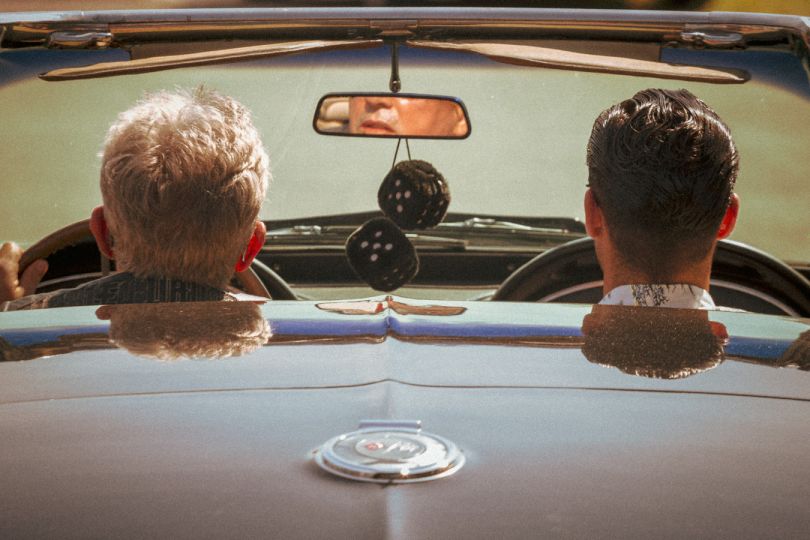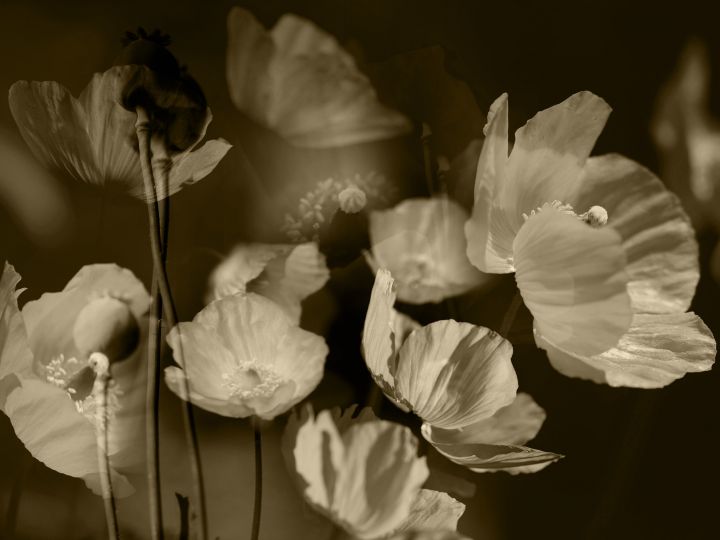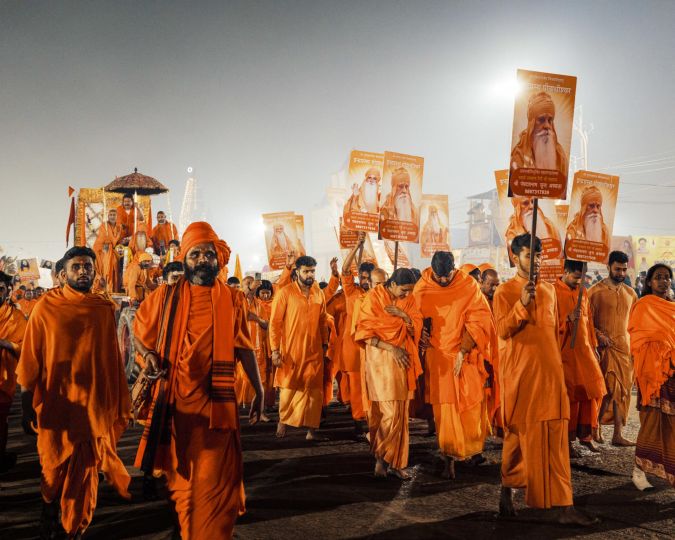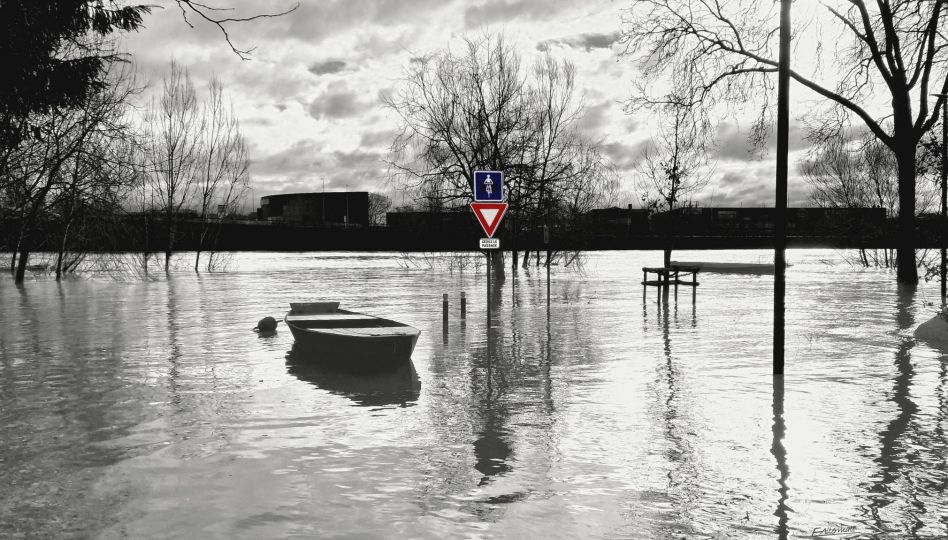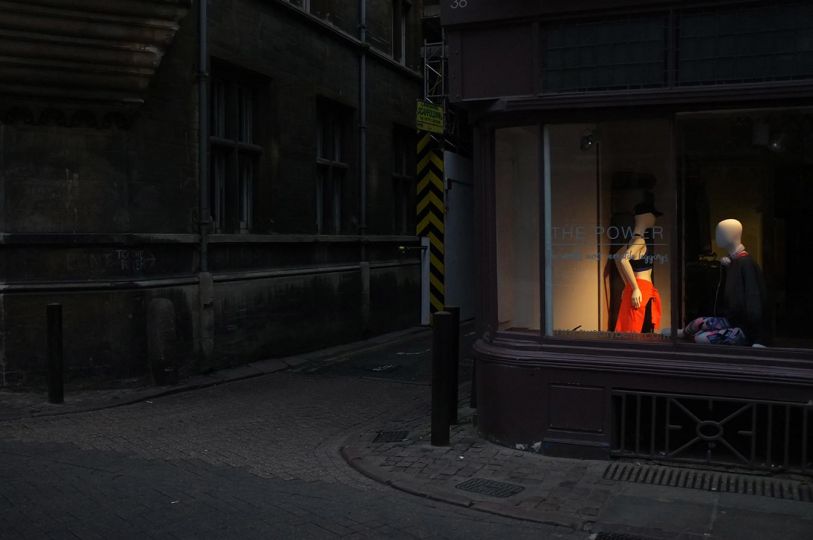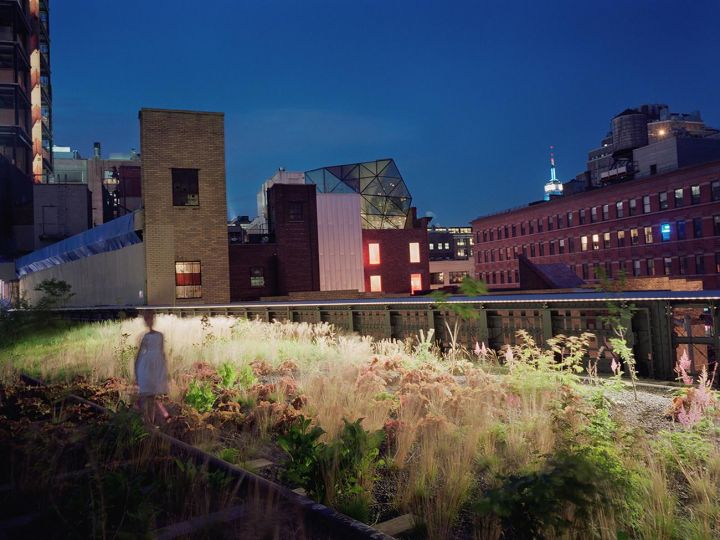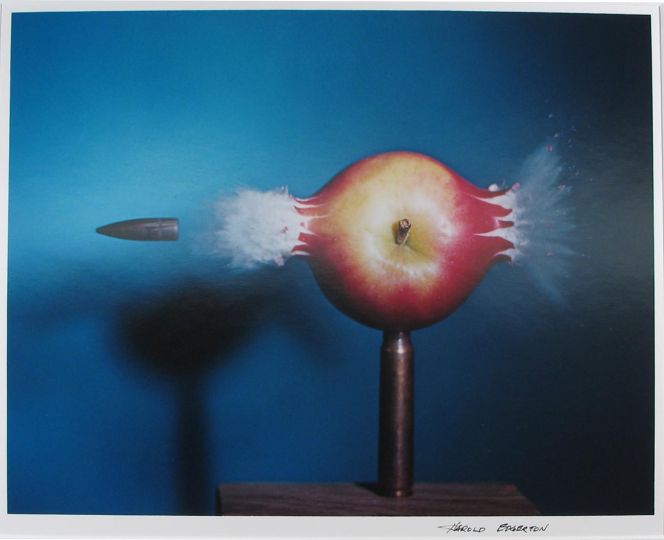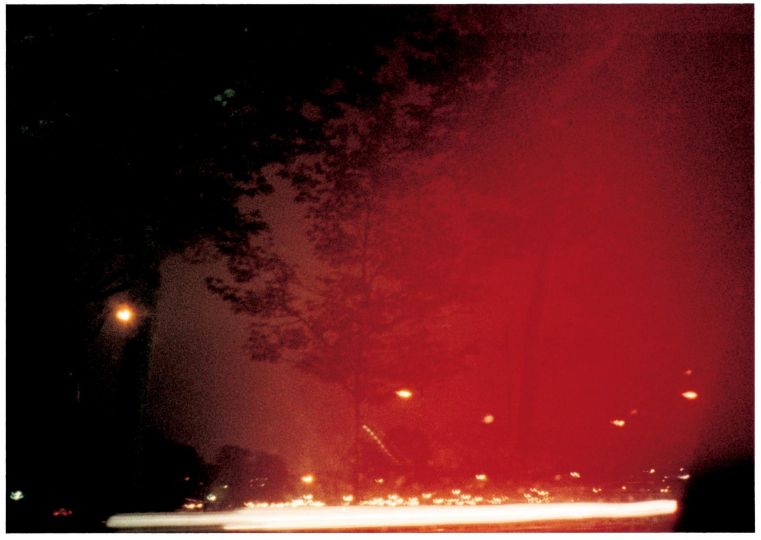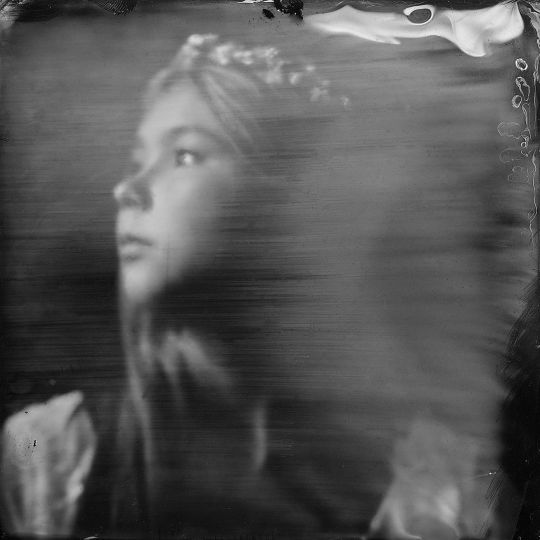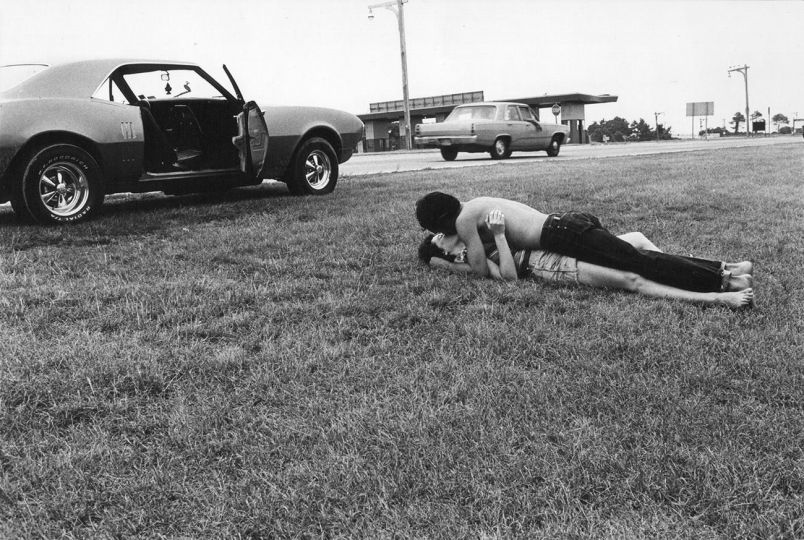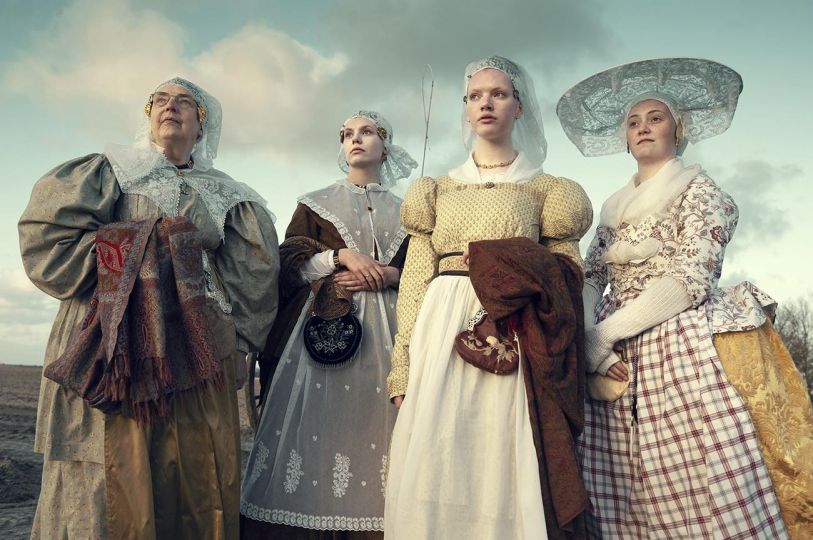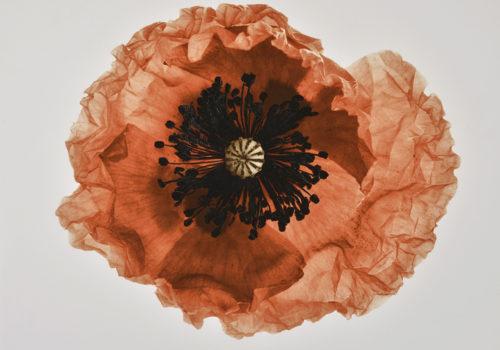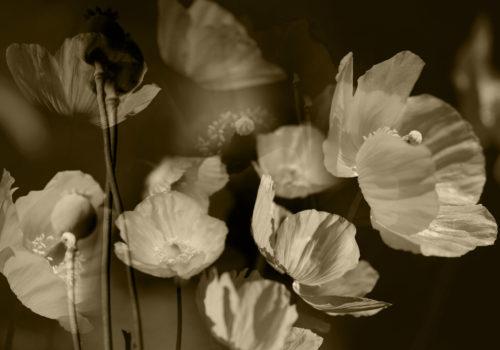The Museum of Archeology and Anthropology at Cambridge in England is presenting South African photographer Sabelo Mlangeni’s latest project, Kholwa: The Longing of Belonging. Developed in collaboration with Joel Cabrita, researcher at University of Cambridge’s Faculty of Divinity, this exhibition ambiguously portrays the Zionist church, South Africa’s biggest Christian church.
Himself a member of the church, Sabelo Mlangeni depicts his loved ones and acquaintances through a series of individual portraits and community situations. Tending to photograph in black and white, Sabelo Mlangeni plays with points of view, techniques, and framing to create images as revealing as they are mysterious. Kholwa means ‘belief’ in Zulu, one of the country’s most widespread languages. Sabelo Mlangeni’s photographs question the photographer’s belonging to situations where he is both a witness and a participant.
While the portraits distinctively represent individuals, the events divide bodies. The figures are seen from behind, cut, fragmented, or perceived deep in the countryside. Where ceremonies happen in obscurity, the grain of the image enlarges, the contours of bodies and their white attire are blurred. Silhouettes disappear, shimmer, and intertwine with their environment. The ghostly aspect of these figures resembles the poetry and lyricism of Santu Mofokeng, whose Zionist theme is at the heart of many photographs.
Individual portraits, whose formal aspect evokes David Goldblatt’s documentary photography, are testimonies of a collaboration. Often seated, the models pose before the camera, negotiating the terms of their representation. These portraits seem to offer an openness, a direct comprehension of the religious movement of which their protagonist, and Sabelo Mlangeni, are members. Juxtaposed to mysterious ceremonies and without caption, these images don an enigmatic vail. Despite their frontal framing, the portraits evade the viewer’s gaze. Sabelo Mlangeni photographs the impossible to capture.
How does one photograph a belief? Where can it be found? Perhaps in expressions, gestures, and rituals, in the lens of the camera or the pen of an academic, but probably also in the invisible space linking together the members of a community. The photograph chosen to promote this exhibition illustrates this metaphor. The image is cut in half. Two traditionally dressed figures are represented in the lower half of the image, posing in an agricultural space. The upper half reveals ‘nothing’. Photographed by Sabelo Mlangeni, the protagonists remain anonymous. Erased during the development process, the two faces melt into the material space of the image, abstract and ghost-like. In the end, what there is to see is, perhaps, in what Mlangeni chooses not to show.
Suggesting rather than exhibiting seems to be the device of the photographer whose membership tints the representation of the community with modesty and respect. Kholwa: The Longing of Belonging is a fragmented and secret praise, rejecting voyeurism, exoticism, and spectacle.
Julie Bonzon
Julie Bonzon is a Ph.D. student in Art History at the University College London (UCL).
Kholwa: The Longing of Belonging – Photographs of Zionist Christians in Contemporary South Africa, by Sabelo Mlangeni
From June 13 through September 10, 2017
Museum of Archeology and Anthropology
Downing St
CB2 3DZ
Cambridge
United Kingdom

